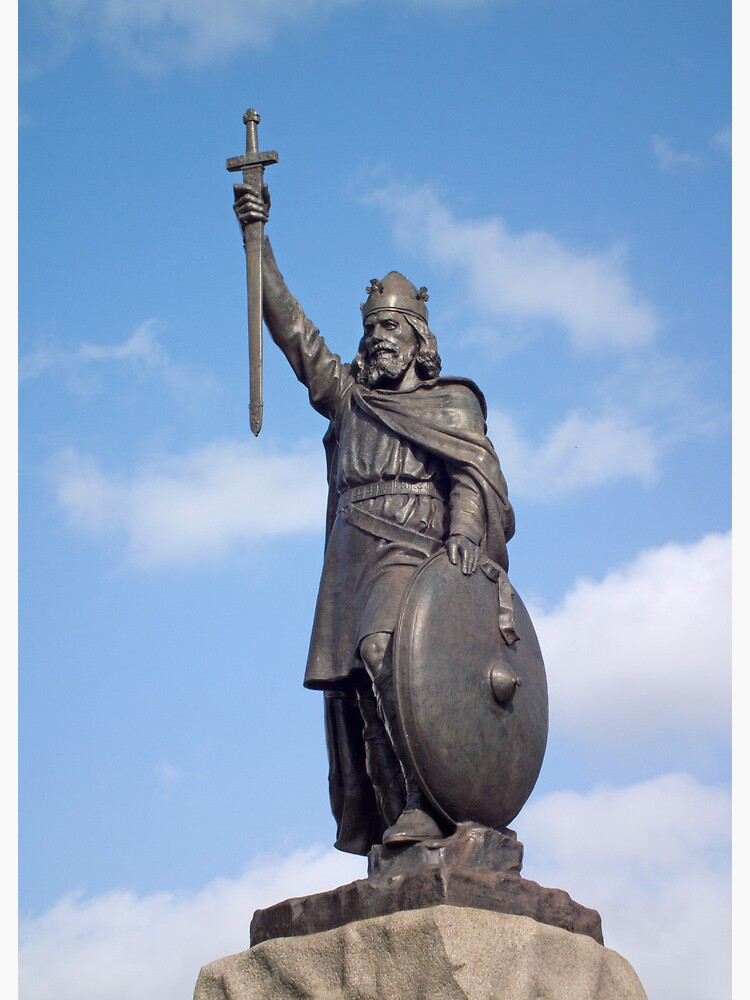He Saved England From Disaster
For four months in 878 AD, Alfred's kingdom was limited to the tiny island of Athelney and the marshland that surrounded it. From that point on, he and his remaining men adopted the Viking name and started to harass the invaders as they had previously.
The armies of those nations still devoted to him assembled in Somerset as word of his survival spread. At the Battle of Edington, Alfred launched an attack against the Viking Guthrum, who had come as a member of the so-called Great Summer Army and had jointly captured parts of Mercia, East Anglia, and Northumbria with the Great Heathen Army. Alfred was successful in regaining his kingdom. Following Guthrum's loss at the Battle of Edington, Alfred changed the Wessex military requirements, making it harder for the Vikings to raid effectively. Some Vikings fled to East Anglia and others to Northumbria by 896, when they finally gave up. The Viking danger was reduced under Alfred's leadership. However, Edward the Elder's military reforms and the Burghal Hidage allowed Alfred's successors to reclaim control of the territory the Danes had previously controlled in the North of England.












